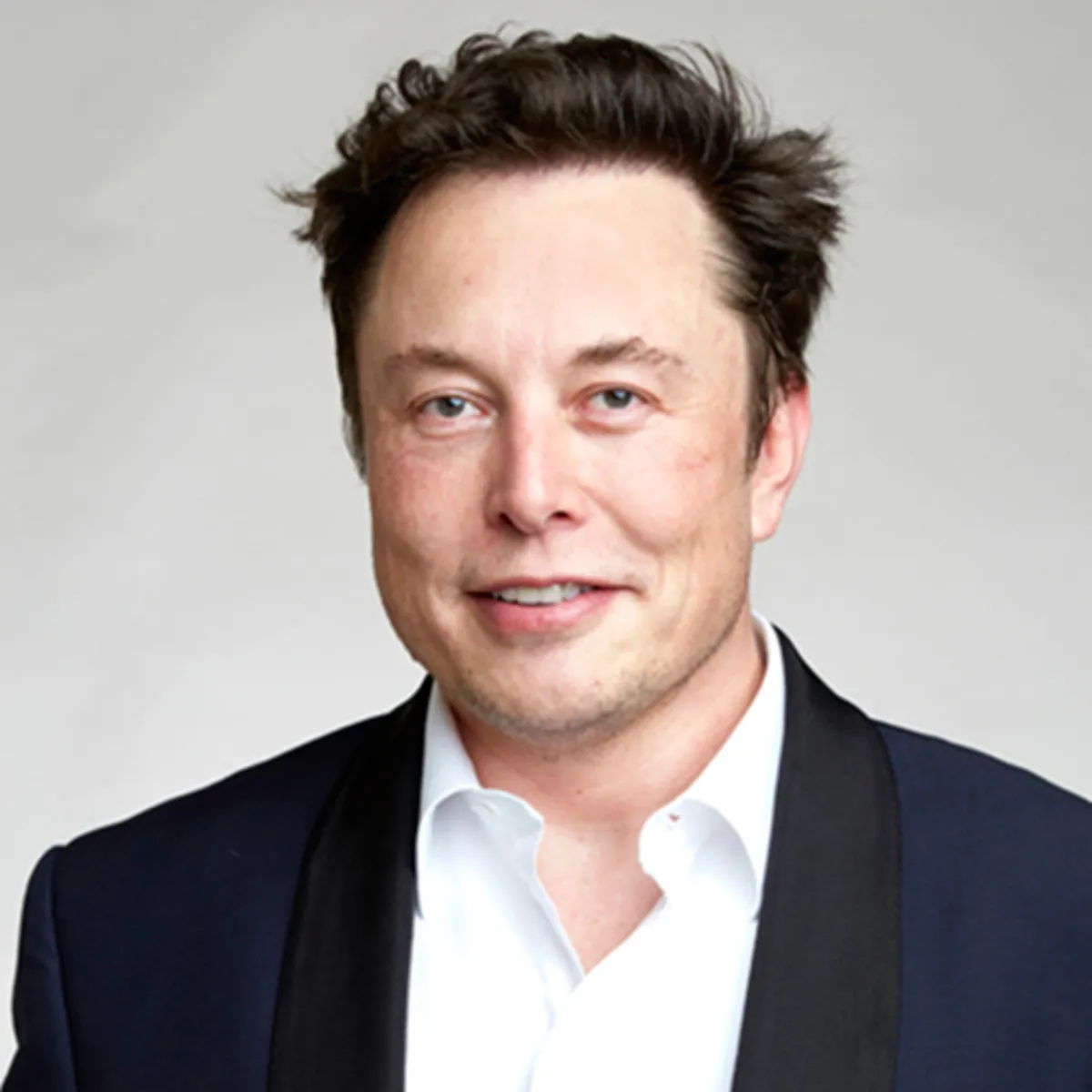
Suddenly, Twitter’s biggest stakeholder is Tesla’s Elon Musk
Tesla CEO Elon Musk owns a 9% stake in Twitter and is now the social media platform’s largest shareholder. The ultimate aim of Musk’s 73.5 million share purchase worth $3 billion is not clear, yet in late March Musk, who has 80 million Twitter followers, questioned free speech on Twitter and whether the platform is undermining democracy. The regulatory filing Monday doesn’t make clear when Musk bought the stock, but says the filing was triggered by an event on March 14. Musk has also raised the possibility on Twitter of starting a rival social media network.
Stock tied to Trump social firm drops on report of turmoil
Shares in a company planning to buy former President Donald Trump’s new social media business plunged Monday on a news report that two key executives have departed. The report by Reuters follows a filing by Digital World Acquisition Corp. that it will miss a key deadline to file its annual financial statements. The news has added to worries about Trump’s Twitter rival, called Truth Social, after a February launch of the app was marred by outages and long wait lists to gain access. The shares have fallen by more than a third since then.
Stocks close higher, Twitter soars on news of Musk stake
Stocks closed higher on Wall Street Monday with help from big technology and communications stocks. The S&P 500 rose 0.8%, the Dow Jones Industrial Average rose 0.3% and the Nasdaq rose 1.9%. Twitter soared 27% following a big investment in the company from Tesla’s Elon Musk. The gains in technology companies helped offset weakness in other parts of the market. Details are emerging of what appears to be deliberate killings of civilians by Russia during its invasion of Ukraine, raising the possibility of more sanctions. U.S. crude oil prices rose 4%. The yield on the 10-year Treasury rose to 2.41%.
Africa looks to renewables to curb warming, boost economies
Renewable energy’s potential across the African continent remains largely untapped, according to a new report by the United Nation’s Intergovernmental Panel on Climate Change. Africa accounts for just 3% of the current global renewable capacity and only 2% of worldwide green energy investments, despite the continent’s significant strides towards clean energy sources in recent years. Yet there’s hope that more funding for renewables will not only help curb the worst effects of global warming, but boost countries’ economies. Africa is already the world’s lowest emitting continent, as millions lack access to electricity and clean cooking fuels.
